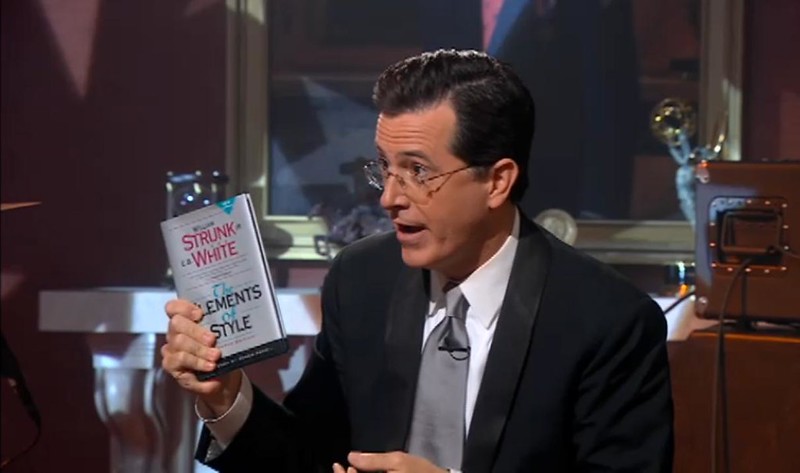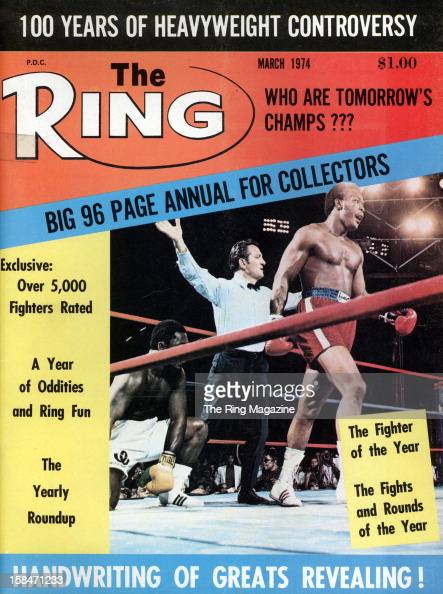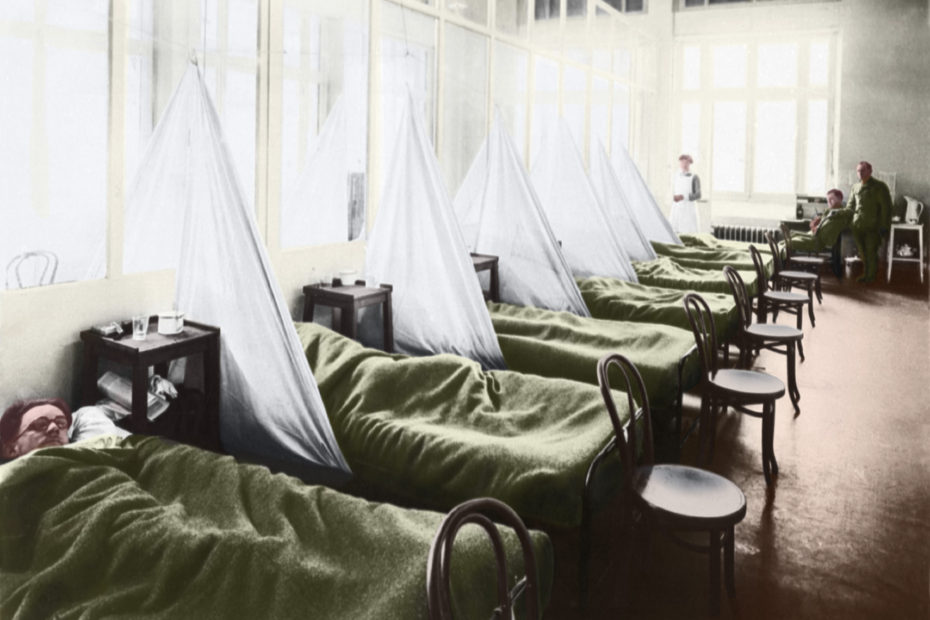The Art of Effective Writing, Part III: Aim for Sincere Rhetoric
The word “rhetoric” has a messed-up etymology. It represents the opposite of its original meaning. Aristotle defined the word as “effective writing or speaking”; think Lincoln’s Gettysburg Address. Yet rhetoric connotes sophistry or “empty” and “phony” words. How can our words reflect true rhetoric rather than sophistry? In a word, sincerity. Read more









